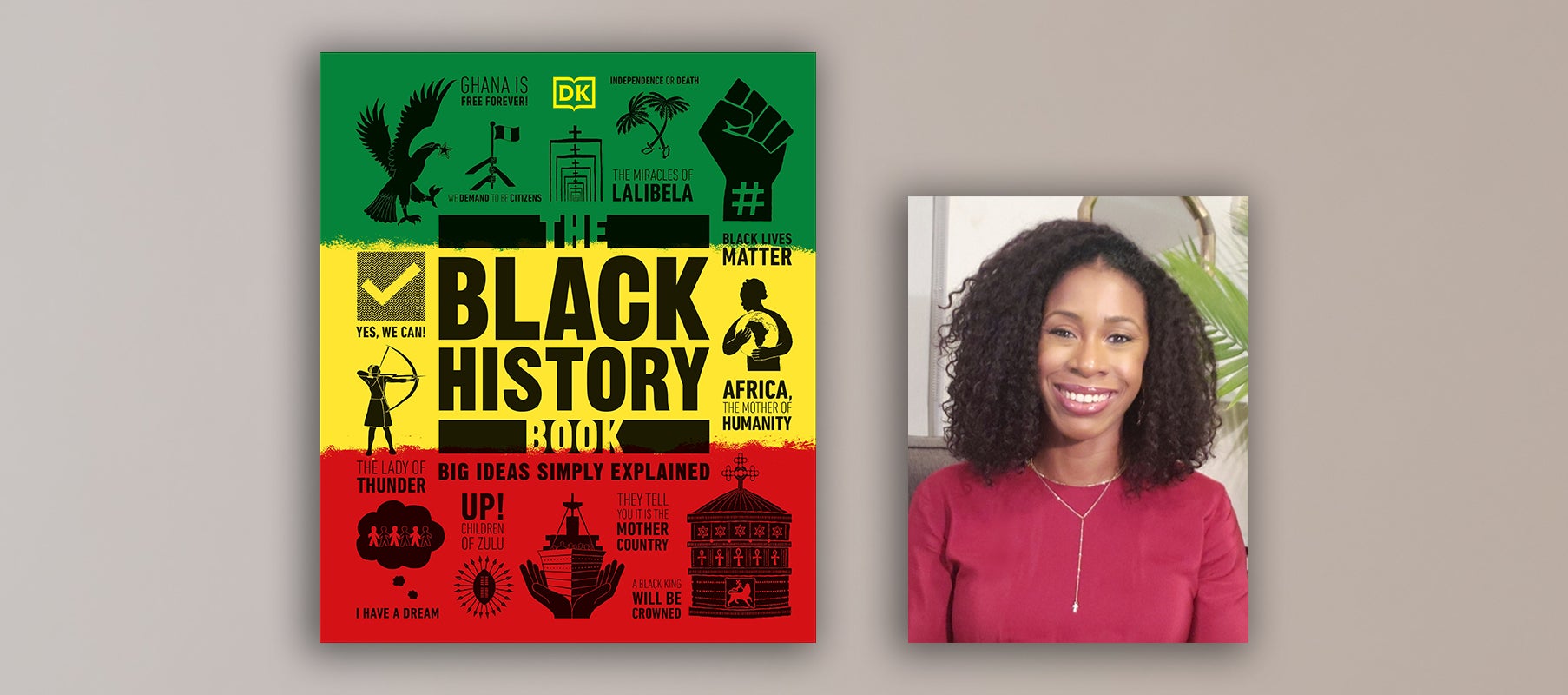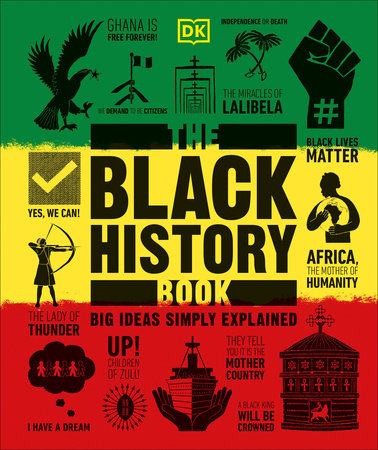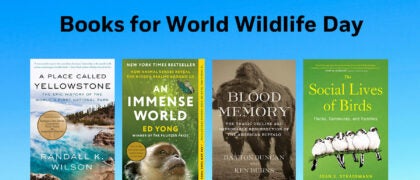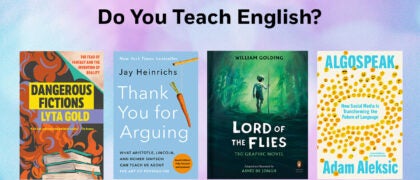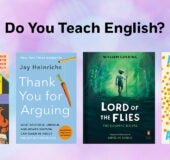What do you think makes this book stand out?
I think what really makes this book stand out is that it is an excellent, highly accessible introduction to Black history. It’s a comprehensive resource for those interested in learning about a wide array of topics in Black history from prehistoric times into the present.
There is a lot of hidden history covered in this book. What kind of sources did you use to compile your portions, and how did you decide on what you wanted to contribute? Tell us a little bit about your research process.
I am a historian, so for me my first line of inquiry is often primary sources. For instance, when I wrote about Louisiana’s Code Noir, I went straight to the original law itself. Next, I consulted secondary texts on the subject from leading scholars in the field to see what impact the code had on everyday people in Louisiana. I used a similar process for all the topics I wrote about. I consulted a mixture of primary and secondary sources, such as official websites, newspapers, historical texts, images, legal code, and more.
I mostly chose to write about topics that were directly related to my own research areas, such as The African Diaspora or Black Lives Matter. However, I also decided to choose topics that I don’t necessarily research but wanted to learn more about, such as Nat Turner’s Rebellion or color-blind policies in France.
How do you think the book lends itself to use in a college course on the topic?
I think this text would serve as a great companion to college courses, as it’s a good jumping point for a multitude of topics in Black history. In this one book, students have a comprehensive text written by academics who have carefully researched and written each topic. Students can find everything from important figures, places, and events to cultural and social movements in Black history. Besides college students, I think this book would serve as a great resource for any reader interested in learning about Black history.
As a university professor of African and African American Studies, what do you want to say to other professors who might be considering The Black History Book for their course?
As a professor who often teaches courses that span multiple decades (sometimes centuries), I am not always able to expand on every milestone or event in detail. This book would serve as an important companion to my courses by allowing students to get more in-depth knowledge about subjects that I am only briefly able to speak about in class.
We all always have something to learn, and there is always more to learn. Did anything surprise you when you were working on this book, and is there something new you learned while doing so that stands out?
Something that surprised me in doing research for this book was about Louisiana’s Code Noir. I knew that it in some ways gave greater rights to enslaved people in French colonies than its British counterpart. And some of its rules were even seen as advantageous, but I did not know that it forbade slaveholders from forcing enslaved people into marriage against their will. That was a new discovery for me.
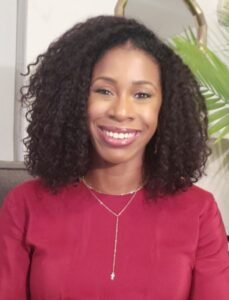
Tyesha Maddox is a contributor to DK’s The Black History Book and assistant professor of African and African American Studies at Fordham University in New York.

